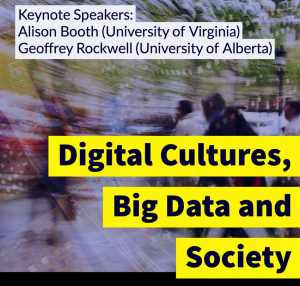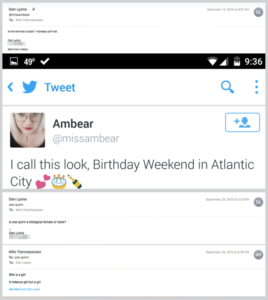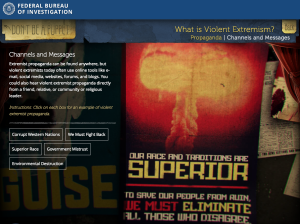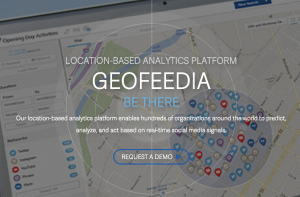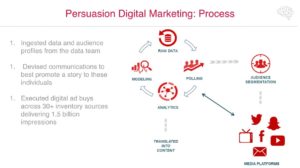
More stories are coming out about Cambridge Analytica and the scraping of Facebook data. The Guardian has some important new articles:
Perhaps the most interesting article is in The Conversation and argues that Claims about Cambridge Analytica’s role in Africa should be taken with a pinch of salt. The article carefully sets out evidence that CA didn’t have the effect they were hired to have in either the Nigerian election (when they failed to get Goodluck Jonathan re-elected) or the Kenyan election where they may have helped Uhuru Kenyatta stay in power. The authors (Gabrielle Lynch, Justin Willis, and Nic Cheeseman) talk about how,
Ahead of the elections, and as part of a comparative research project on elections in Africa, we set up multiple profiles on Facebook to track social media and political adverts, and found no evidence that different messages were directed at different voters. Instead, a consistent negative line was pushed on all profiles, no matter what their background.
They also point out that the majority of Kenyans are not on Facebook and that negative advertising has a long history. They conclude that exaggerating what they can do is what CA does.
Mother Jones has another story, one of the best summaries around, Cloak and Data, that questions the effectiveness of Cambridge Analytica when it comes to the Trump election. They point out how CA’s work before in Virginia and for Cruz at the beginning of the primaries doesn’t seem to have worked. They go on to suggest that CA had little to do with the Trump victory which instead was ascribed by Parscale, the head of digital operations, to investing heavily in Facebook advertising.
During an interview with 60 Minutes last fall, Parscale dismissed the company’s psychographic methods: “I just don’t think it works.” Trump’s secret strategy, he said, wasn’t secret at all: The campaign went all-in on Facebook, making full use of the platform’s advertising tools. “Donald Trump won,” Parscale said, “but I think Facebook was the method.”
The irony may be that Cambridge Analytica is brought down by its boasting, not what it actually did. Further irony is how it may bring down Facebook and finally draw attention to how our data is used to manipulate us, even though it didn’t work.
The story of Cambridge Analytica’s rise—and its rapid fall—in some ways parallels the ascendance of the candidate it claims it helped elevate to the presidency. It reached the apex of American politics through a mix of bluffing, luck, failing upward, and—yes—psychological manipulation. Sound familiar?

